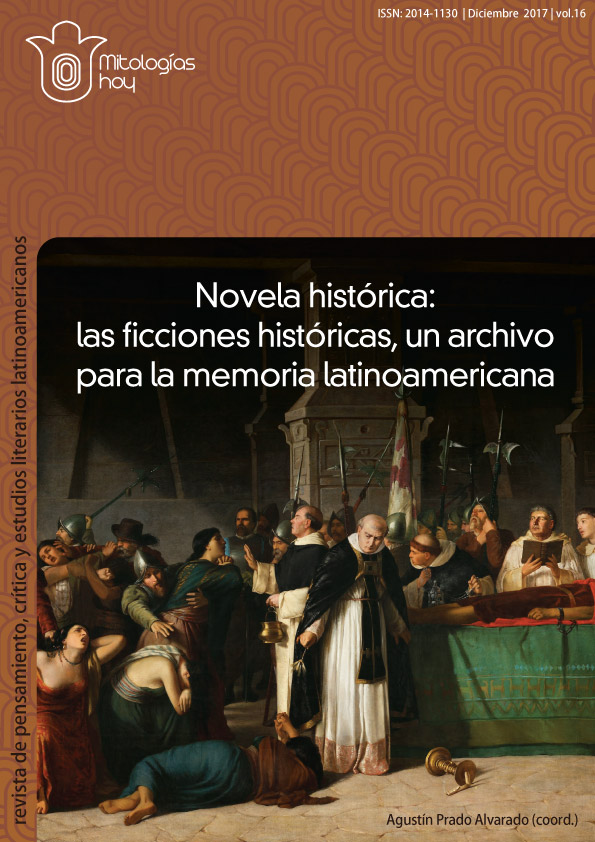El fuego de la lectoescritura patriótica en la novela histórica y sentimental de Perú, Ecuador y Bolivia en la segunda mitad del XIX
Article Sidebar

Main Article Content
Marcel Velázquez Castro
Universidad Nacional Mayor de San Marcos
El presente artículo estudia la lectoescritura patriótica como una biotecnología narrativa que posibilitó el borramiento simbólico de sujetos históricos subalternos, como indios y negros, en la segunda mitad del siglo XIX. Mediante el análisis de tres novelas históricas de Perú, Ecuador y Bolivia, interpretamos la figura del letrado criollo como sujeto de virtud moral comprometido con el proceso independentista, como sujeto interpretativo de la historia y mediador cultural sobre otros grupos sociales, y como sujeto de anagnórisis o revelación personal que ilumina su identidad soterrada y la inscribe en las historias políticas de su tiempo.
Palabras clave
siglo XIX, narrativa histórica, novelas andinas, biotecnologías, lectura patriótica, Perú, Ecuador, Bolivia
Article Details
Cómo citar
Velázquez Castro, Marcel. «El fuego de la lectoescritura patriótica en la novela histórica y sentimental de Perú, Ecuador y Bolivia en la segunda mitad del XIX». Mitologías hoy, 2017, vol.VOL 16, pp. 11-24, http://raco.cat/index.php/mitologias/article/view/331369.
Derechos
Derechos de autor
Authors who publish with this journal agree to the following terms:- Authors retain copyright.
- The texts published in this journal are – unless indicated otherwise – covered by the Creative Commons Spain Attribution 3.0 licence. You may copy, distribute, transmit and adapt the work, provided you attribute it (authorship, journal name, publisher) in the manner specified by the author(s) or licensor(s). The full text of the licence can be consulted here: http://creativecommons.org/licenses/by/3.0/es/deed.en.
- Authors are able to enter into separate, additional contractual arrangements for the non-exclusive distribution of the journal's published version of the work (e.g., post it to an institutional repository or publish it in a book), with an acknowledgement of its initial publication in this journal.
- Authors are permitted and encouraged to post their work online (e.g., in institutional repositories or on their website) prior to and during the submission process, as it can lead to productive exchanges, as well as earlier and greater citation of published work (See The Effect of Open Access).